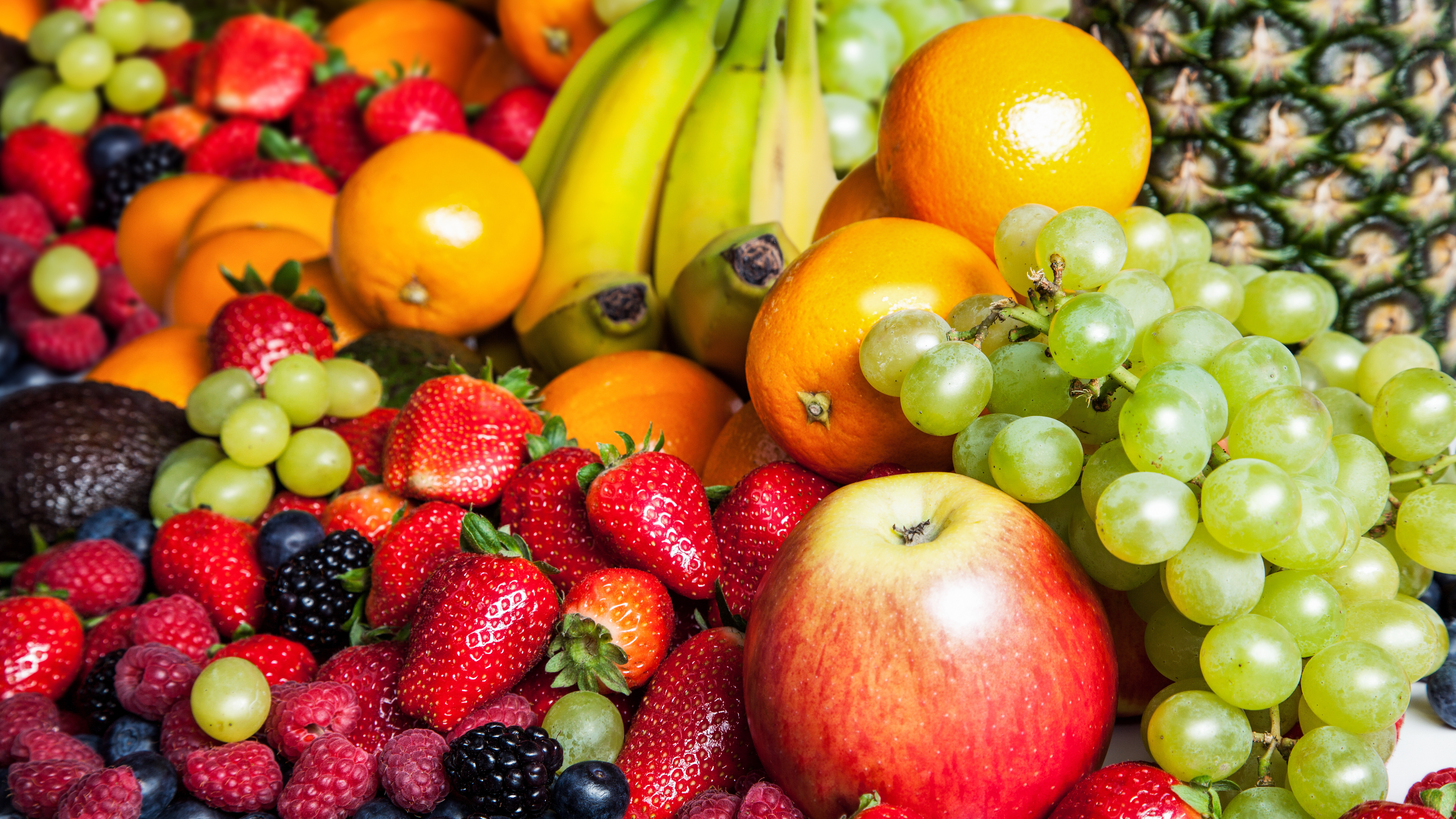Fertility Troubles May Be Worsened By Eating Too Much Fast Food, Not Enough Fruit
Anyone who's struggling with infertility can tell you it's one of the most difficult things you might ever experience, and as the average age of parents rises, sometimes the infertility troubles do also. Women undergoing infertility treatment have been shown to have the same amount of depression as those going through cancer or recovering from a heart attack. I honestly don't find that stat that surprising when I think about my own time at the clinic, for about two years before I had my twins.
Fortunately, at the time I was trying really hard to eat right, since it turns out unhealthy eating habits might have made my road to eventual fertility even more difficult. The Independent reports that according to a large Australian study released today, "women who ate fewer than three pieces of fruit a month took 50 percent longer to conceive than women who ate fruit three or more times a month." Researchers also analyzed junk food habits and found "women who rarely ate fast food got pregnant a month quicker, on average than women who ate fast food four times a week or more."
The study, published in the journal Human Reproduction, involved 5,598 women from the U.K., Ireland, Australia, and New Zealand, who were questioned about their diet. Those who didn't eat those three pieces a fruit of month saw their infertility risk rise from 8 percent (the average) to 12 percent. And those who ate frequent fast food saw their infertility risk double, from 8 percent to 16 percent.
Granted, those healthy-eating bars seem seem pretty low, and there might be more going on there: lower-income people may have more access to fast food than produce, for example, or people with some unhealthy habits may have other unhealthy ones as well (like smoking). And interestingly, the consumption of other healthy food like fish and leafy vegetables didn't seem to affect fertility rates.
But the researchers behind the study are anxious to stress the important of fruit consumption as some trying-to-conceive couples avoid it, possibly due to the fear that the sugar in fruit could be hindering their efforts. Turns out, nothing could be further from the truth. Fertility dietician Melanie McGrice told The Guardian, "This study demonstrates that fruit consumption is not only safe, but beneficial for most women to optimize their fertility." Maybe if I'd stocked up more on fruit, my time at the clinic would have been even shorter.
